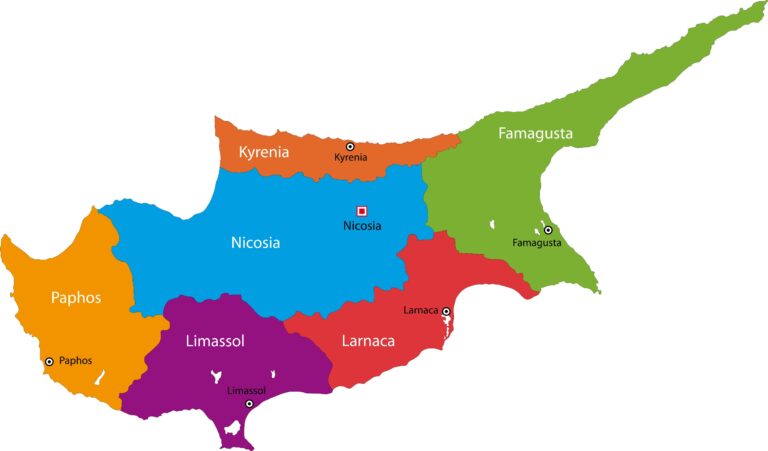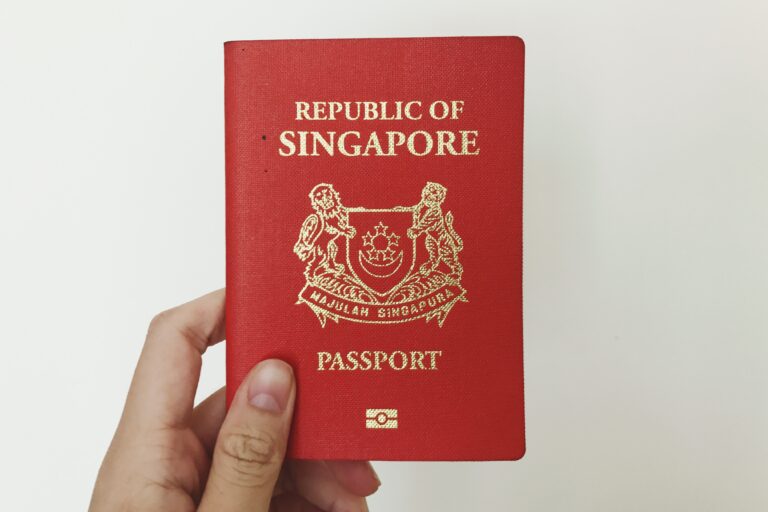Navigate with Confidence: Unraveling Holiday Lingo Explained
Holiday Greetings Demystified
Understanding the origins and significance of festive greetings can add depth to your holiday interactions. In this section, we will explore the roots of common holiday greetings and the meaning behind the phrase “Season’s Greetings.”
Origins of Festive Greetings
Festive greetings such as “Merry Christmas” and “Happy Holidays” are deeply rooted in history. “Yuletide,” for example, originated in the 15th century, representing the Christmas season and the time of joy and celebration (Merriam-Webster). The phrase “Merry Christmas” became popular in the 19th century, largely influenced by Charles Dickens’ novel “A Christmas Carol.” This greeting emphasizes joy and merriment specific to the Christmas season.
On the other hand, “Happy Holidays” emerged as an inclusive term, allowing people to send good wishes without assuming the recipient’s religious beliefs. This greeting gained popularity around the same time as “Merry Christmas,” reflecting a broader inclusiveness (Dictionary.com).
| Greeting | Origin | Context |
|---|---|---|
| Merry Christmas | 19th Century | Specifically Christmas |
| Happy Holidays | 20th Century | Inclusive of all holidays |
| Yuletide | 15th Century | Christmas season in general |
Significance of “Season’s Greetings”
The phrase “Season’s Greetings” has become a staple of the holiday season. Unlike specific greetings tied to particular holidays, “Season’s Greetings” offers a nonreligious way to acknowledge the festive period without making assumptions about an individual’s religious beliefs. This term is pleasantly inclusive, especially in diverse societies (Dictionary.com).
The inclusion of the apostrophe and “S” in “season’s greetings” indicates possession, signifying that the greetings belong to the season. This subtle distinction sets this phrase apart as more than just a general well-wish, instead anchoring the sentiment in the festive period.
For more insights into holiday-related terms and their meanings, you can check out our tourist glossary terms section. By understanding these greetings, you can navigate the holiday season with greater confidence and cultural awareness.
Understanding Christmas Traditions
“Merry Christmas” vs. “Happy Christmas”
As a tourist navigating holiday lingo, you might encounter different variations of Christmas greetings. Notably, “Merry Christmas” and “Happy Christmas” are commonly used, and their historical contexts make each phrase unique.
Merry Christmas: This greeting has been in use since at least 1534. One of the earliest known instances appears in a letter from Bishop John Fisher to Henry VIII’s chief minister Thomas Cromwell. Additionally, the popular English carol “We Wish You a Merry Christmas” from the 1500s also helped cement its usage.
Happy Christmas: In contrast, “Happy Christmas” remains widely used in England. Historically, “happy” had a higher-class connotation, while “merry” was associated with the rowdiness of the lower classes. This distinction led the British royal family to favor “Happy Christmas,” a tradition Queen Elizabeth continues to uphold.
| Greeting | Origin | Usage |
|---|---|---|
| Merry Christmas | 1534 (letter from John Fisher) | Common in the U.S. |
| Happy Christmas | Higher-class connotation in England | Favored in the U.K. by royals |
Evolution of Christmas Greetings
As a tourist exploring the evolution of Christmas greetings, you’ll find that the shifts in terminology are both historical and cultural.
Historical Context: The preference for “Merry Christmas” versus “Happy Christmas” in different regions can be attributed to historical class distinctions. In the U.S., “Merry Christmas” gained prominence, historians believe, due to a grammatical distinction where “merry” describes a behavior—active and lively. This is in contrast to “happy,” which is more of an inner emotional state.
Cultural Shift: Over time, the word “merry” has gradually fallen out of common usage, except within phrases like “the more, the merrier” and Christmas-specific greetings. This shift was significantly influenced during the Victorian Christmas era by cultural figures such as Charles Dickens.
Understanding these nuances in holiday terminology can enhance your cultural immersion during your travels. For more on this, check out our tourist glossary terms and other entries in our vacation glossary guide.
Understanding the differences provides insight into regional customs and highlights the rich tapestry of holiday expressions. Explore more about how these terms have shaped today’s greetings in our traveler’s lexicon and tourist language basics.
Embracing Diversity in Greetings
“Happy Holidays” vs. “Merry Christmas”
When it comes to holiday greetings, the choice between “Happy Holidays” and “Merry Christmas” can be influenced by considerations of inclusivity and cultural sensitivity. The phrase “Happy Holidays” is often used as an inclusive greeting during the holiday season, encompassing various celebrations beyond Christmas, such as Hanukkah, Kwanzaa, and New Year’s. This makes it a broader, more inclusive alternative suitable for a diverse audience.
On the other hand, “Merry Christmas” remains a warm and traditional greeting, especially in areas with predominantly Christian populations. Saying “Happy Holidays” instead of “Merry Christmas” can sometimes make individuals who celebrate Christmas feel excluded. However, the use of “Happy Holidays” shows respect for different traditions and beliefs, making it a considerate choice when you are unsure of someone’s specific holiday preferences or religious beliefs (Grammarly).
| Greeting | Context | Inclusivity |
|---|---|---|
| “Happy Holidays” | General, inclusive | High |
| “Merry Christmas” | Christian-specific | Moderate |
For more on understanding the linguistic nuances of festive phrases, check out our guide on tourist glossary terms.
Whoopi Goldberg’s Stance on Greetings
Actress and comedian Whoopi Goldberg has publicly supported the use of “Happy Holidays,” emphasizing its inclusivity. According to Goldberg, using “Happy Holidays” allows everyone to feel included, especially when you are uncertain about an individual’s religious beliefs or the holiday they observe. Her stance highlights the importance of considering the diversity of celebrations during the holiday season.
Goldberg’s view aligns with the broader trend toward using “Season’s Greetings” and similar inclusive phrases. These alternatives gained popularity around the same time as “Merry Christmas” and remain widely used as pleasant and inclusive options, particularly in the face of debates around inclusivity during the holiday season (Dictionary.com).
Incorporating inclusive language helps to acknowledge and respect the diverse traditions and beliefs of those you may encounter. To further enhance your understanding of cultural expressions, explore more at cultural immersion expressions and common tourist jargon.
By choosing inclusive greetings, you demonstrate cultural sensitivity and respect for diverse holiday traditions, making your interactions more meaningful and considerate. For more on the essential language of travel and tourism, visit our guide on tourist language basics.
Exploring Holiday Terminology
Understanding the diverse and rich terminology associated with the holiday season enhances your travel experience and cultural immersion. Here, we’ll dive into some fascinating holiday words and their histories.
Yuletide, Wassailing, and More
Yuletide
Yuletide is one of the oldest terms associated with the festive season. The word “yule” comes from the Old English noun “geōl,” which referred to a midwinter pagan festival in December. As Christianity rose in England, “yule” began to shift its meaning to refer to Christmas. The term “tide” in Yuletide refers to an ecclesiastical anniversary or festival season, giving it a broader meaning encompassing the Christmas season up to and after New Year’s Day, or until Epiphany in England.
Wassailing
Wassailing is a tradition that dates back to the 1300s and is believed to be borrowed from Nordic Viking customs. The term originally described a toast to someone’s health during festive gatherings. By the 1500s, “wassail” had come to specifically refer to a drink served at Christmastime.
Boxing Day
Celebrated on December 26th in the UK and Commonwealth countries, Boxing Day involves giving Christmas boxes to service workers. The term derives from the practice of giving boxes of food and gifts to servants after Christmas, with references to this tradition dating back to the 1600s.
The Rich History Behind Holiday Words
Yule
Yule predates the word Christmas by several hundred years. It evolved from Old English and Old Norse languages to refer to the winter festival and eventually Christmastide. This connection has persisted in phrases like “yule log” and “yuletide,” deeply embedding the term in holiday culture.
Christmastide
While “yule” originated in pagan festivals, “Christmastide” specifically refers to the Christian holiday season starting from Christmas Eve to Epiphany. This period is marked by various festive activities and traditions, reflecting the integration of different cultural practices over time.
To enhance your understanding of diverse holiday terminologies, explore our comprehensive tourist glossary terms and delve into tourism industry terms to navigate with confidence through different cultural expressions during your travels.
Understanding holiday terminology not only enriches your seasonal experience but also deepens your cultural appreciation. Whether you are familiarizing yourself with the history of “wassailing” or the evolution of “yuletide,” these insights add a valuable context to your travels. For more on tourist lexicons and essential expressions, visit our traveler’s lexicon and essential tourist expressions.


